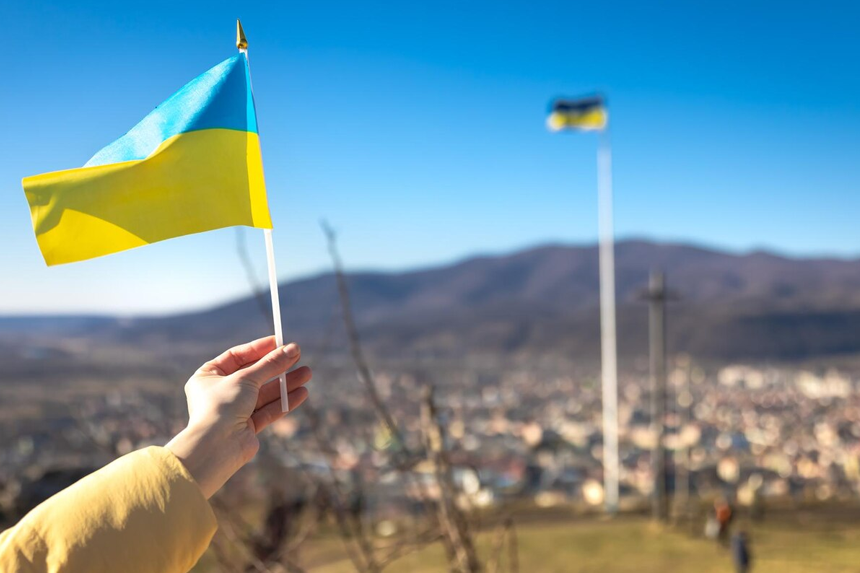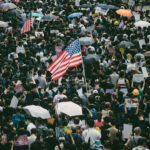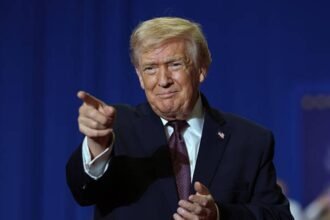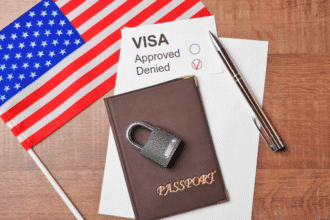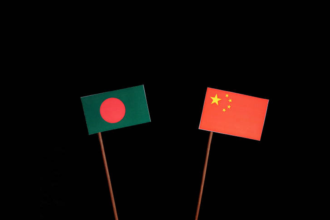U.S. Secretary of State Marco Rubio has indicated that the world will soon find out whether Russian President Vladimir Putin is ready for peace as diplomatic efforts get more intense to bring an end to more than three years of conflict in Ukraine. Speaking following a meeting of NATO foreign ministers in Brussels, Rubio underlined that the United States wants information from Moscow “in a matter of weeks, not months.” This is a pivotal point since worldwide diplomacy revolves mostly around attempts to negotiate a ceasefire for Ukraine.
- Is Putin purposefully postponing negotiations on peace?
- Are Ground Conditions Getting Worse Notwithstanding Diplomacy?
- What part is the United States playing in the proposal for a ceasefire?
- Should peace be attained, would allies of NATO commit troops?
- The West Willing to Wait: How Long?
- What happens if Putin rejects the cease-fire?
Ukraine’s current condition has become among the most important worldwide crises of modern history. Claiming many lives and uprooting millions, the continuous conflict has attracted nations from all around the world. International players are now advocating a resolution—one that might be attained with a Ukraine ceasefire—despite both parties firmly rooted in their stances.
Emphasizing the crucial part Vladimir Putin plays in determining the course of the war, Rubio said, “Ending the war is ultimately a decision that has to be made by Vladimir Putin.” “We can push, but finally, the Russian government will decide to end the war.”
Is Putin purposefully postponing negotiations on peace?
The main concern of world leaders is whether Putin is really motivated by peace or just performing for appearances. Western officials have charged the Russian president with dragging his feet despite increasing pressure to embrace a suggested truce.
Rubio’s remarks reflect those of his colleagues in the UK and France, who have attacked Putin’s lack of urgency in reacting to suggestions for a truce. The U.S. and its allies claim that Russia has had several chances to defuse the crisis, but it has decided to keep attacking Ukrainian cities instead.
David Lammy, British Foreign Minister, said, “Putin could accept a ceasefire now, but he continues to bombard Ukraine, its civilian population, its energy supplies”. “We sight you, Vladimir Putin. We know what you are doing. He keeps dodging and obfuscating. His steps drag.
French Foreign Minister Jean-Noël Barrot added to this point of view by implying that any sincere path toward peace would call for military as well as diplomatic pledges. “There will be at some point a need for military capacity or reassurance, whenever peace is reached,” Barrot said, suggesting the prospect of worldwide military backing for Ukraine following a ceasefire agreement.
These issues mirror the mistrust of many world leaders who feel that Putin’s military activities contradict the diplomatic gestures he has lately. The continuous strikes—including artillery bombardments and airstrikes—are suggestive of Russia’s perhaps weaker-than-claimed dedication to a Ukraine ceasefire.
Are Ground Conditions Getting Worse Notwithstanding Diplomacy?
The situation in Ukraine has only become worse while peace negotiations are under way. There have been major casualties from recent Russian missile strikes and artillery bombardments. According to Ukrainian officials, Russian strikes overnight in Kharkiv claimed at least five more deaths; a ballistic missile attack later on Kryvyi Rih claimed twelve more deaths. The bloodshed emphasizes the need for diplomatic initiatives to bring about a ceasefire in Ukraine; nonetheless, development seems to be difficult.
Attacks are escalating even while the West keeps urging for peace. Under the correct circumstances, Ukraine’s President Volodymyr Zelenskyy has said his government is ready to embrace a ceasefire agreement. But Moscow’s obvious lack of will to stop hostilities is shown by Russian soldiers’ relentless attacks.
Daily accounts of death and damage indicate the rising civilian toll of the war. The necessity of a ceasefire for Ukraine has turned into a survival issue since Russian troops still target residential areas, hospitals, and important infrastructure, including the energy supply.
Although Ukrainian President Volodymyr Zelenskyy has been open to diplomatic solutions, his government’s stance is clear: Peace cannot be attained unless Russia answers for its acts and respects Ukrainian sovereignty. This is a challenging possibility given the continuous Russian bombardments; many in Ukraine view the calls for a ceasefire as only a temporary stop from the bloodshed.
What part is the United States playing in the proposal for a ceasefire?
Leading efforts to get a ceasefire in Ukraine have come from the United States. Following negotiations in Saudi Arabia, Ukraine agreed to the criteria of a 30-day ceasefire the United States suggested to both Russia and Ukraine in recent weeks. Russia has not yet decided, formally nonetheless, whether it would follow the truce.
Rubio and other U.S. officials have made it quite evident that they are ready to challenge Russia’s negotiating readiness. “The Russians know our position in terms of wishing to end the war,” Rubio remarked. “We will know very soon on whether they are serious about progressing to real peace or whether it’s a delay tactic.”
This posture emphasizes the irritation many Americans experience over Russia’s ongoing actions. Russia has not shown any sign whatsoever that it is ready to give up its military goals in Ukraine, notwithstanding calls for a ceasefire. Rubio noted that President Donald Trump has made it abundantly evident that he will not participate in “endless negotiations about negotiations” should Russia prove to be dishonest about peace.
“Diplomacy must lead to action, not limitless delays,” Rubio remarked. “We are ready to find out whether Russia is merely looking for more time to regroup or if they are interested in calling off the conflict.”
Should peace be attained, would allies of NATO commit troops?
NATO partners have begun talking about probable troop deployment to Ukraine in readiness for a possible truce. Recent visits to Kyiv by military commanders from France and Britain sought solutions for security assurances should a Ukraine ceasefire be attained. The debates show NATO’s growing readiness to guarantee Ukraine’s security and territorial integrity going forward from the conflict.
Should peace be attained, the presence of NATO forces could discourage any more Russian aggressiveness. Among NATO partners, especially those in Eastern Europe who are worried about the long-term security of Ukraine and the area, the concept of a “coalition of the willing” has acquired popularity.
“There will be at some point a need for military capacity or reassurance, whenever peace is reached,” French Foreign Minister Barrot said, stressing the need for military guarantees in every peace accord.
Still, one of the most divisive questions about the Ukraine ceasefire is NATO’s engagement in post-conflict Ukraine. Although NATO is eager to offer security, Russia has cautioned against any foreign military deployment in Ukraine since it directly threatens its authority in the area.
The West Willing to Wait: How Long?
Russia’s inability to significantly advance toward peace is making Western officials progressively restless. Speaking with Rubio, Poland’s Foreign Minister Radek Sikorski indicated that time is running out for Putin to demonstrate he is committed to a ceasefire in Ukraine. “I believe that U.S. patience will not be permanent if he rejects a ceasefire since Ukraine has agreed to one,” Sikorski added.
While Putin has an opportunity to terminate the war, thanks to the United States and its allies, the time for negotiations is fast closing. Face is still preserved. “They are allowing him to save face by ending the war,” Sikorski said. “But if he doesn’s the gloves could come off—with more sanctions and greater military assistance for Ukraine.”
Should Russia veer off track, the West is ready to intervene. “Patience is running out,” Rubio said; “at some point, decisions will have to be made.”
What happens if Putin rejects the cease-fire?
Senior NATO officials do not see Russia’s readiness to accept a ceasefire for Ukraine as promising. Rubio and others still hope, nevertheless, that peace is still within grasp. “I hope they are,” he remarked. “It will be wonderful for the world if the conflict ended, but we have to test that proposition.”
Rubio underlines that the matter has to be settled sooner rather than later, thus the U.S. will keep closely observing Russia’s reaction. “Russia and Putin will have to decide at some point rather soon—not six months from now,” he said.
The next weeks will be vital in deciding whether the war in Ukraine can at last cease or if it will linger on as the world watches.


